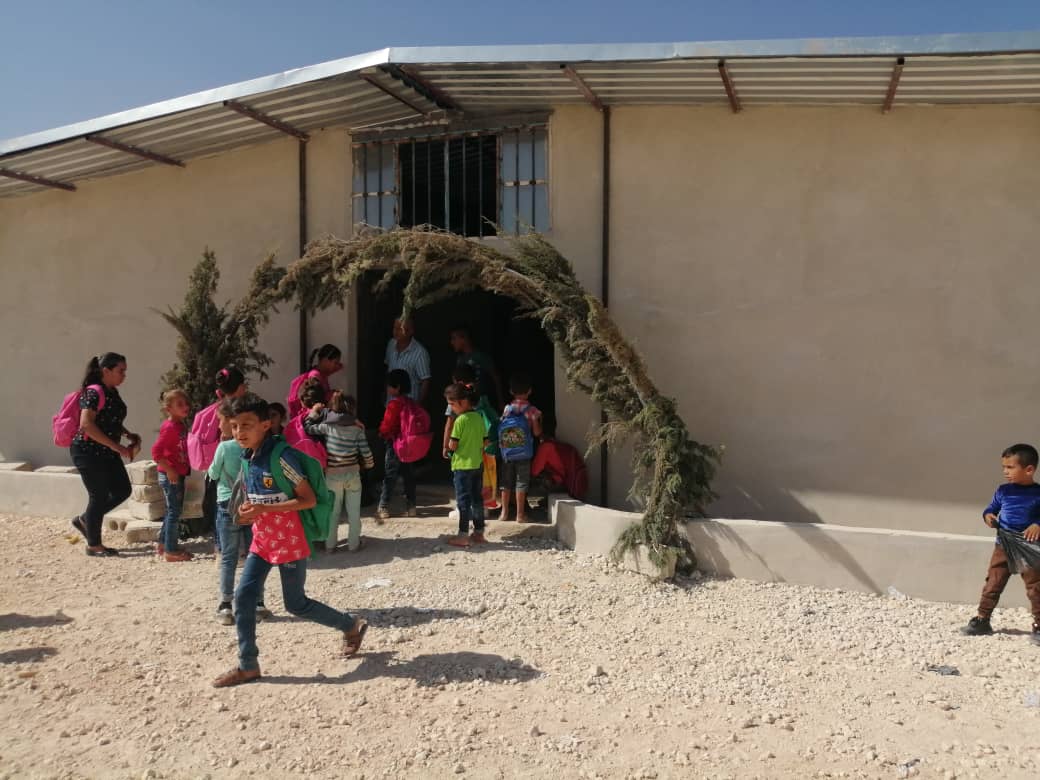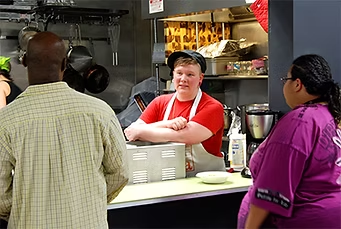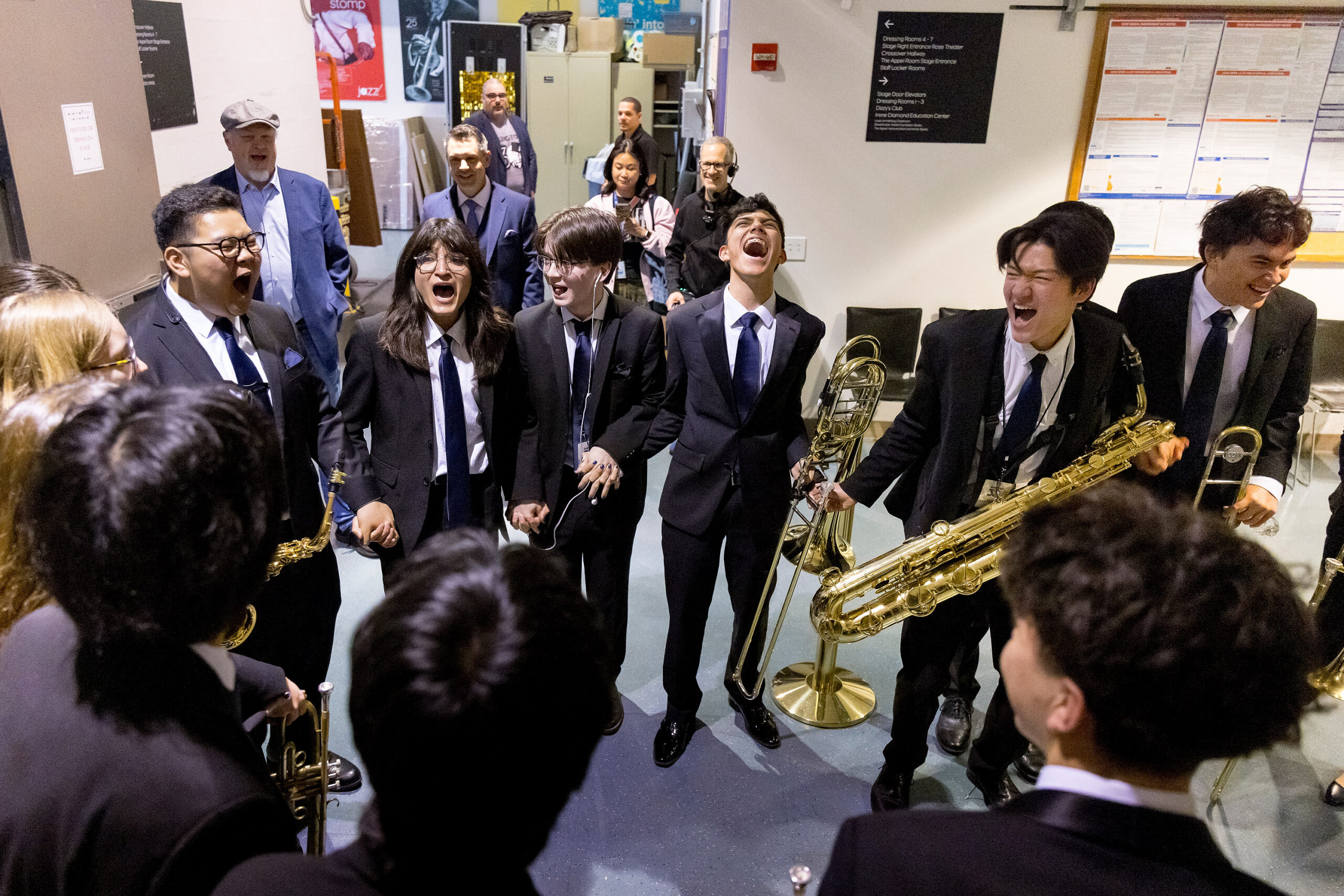An inaugural post in FJC’s new series, “Why I Give…And How,” gives voice to some of our most committed and imaginative donors. The author is the Director of Columbia University’s Program on Peacebuilding and Human Rights.
By David L. Phillips
I recently made a small grant from my account at FJC to benefit school children in Northern Syria. The grant provides supplies for schools and students, including notebooks, pens, pencils, white boards, teaching materials and visual aids such as maps and social studies materials.
My personal assistance through FJC is part of a broader effort to rehabilitate Syria’s education sector, which was ravaged by war. In 2011, Syrian forces targeted Kurds for being pro-western. In 2014, ISIS killed and displaced thousands. Arabs, Kurds, Yezidis, Christians and Turkmans came under the control of ISIS, which used kidnapping, beatings, rape, torture to terrorize local residents.
The plight of these defenseless victims is reminiscent of my family’s experience with pogroms in Belarus at the turn of the 20th century. Their experience with persecution and flight inspired my life choices and career path.
“Strategic philanthropy, even modest amounts, can help meet the basic needs of students…It won’t stop the war, but it can restore hope and rebuild academic institutions”
Columbia University’s Program on Peacebulding and Human Rights (PBHR), which I direct, studies conflict conditions and recommends ways to prevent violence and hold perpetrators accountable. Iraq and Syria have been my focus for 30 years. In 1988, I interviewed Iraqi Kurds in Halabja who survived Saddam Hussein’s chemical weapons attacks. This meeting inspired a lifelong commitment to Kurdish issues, as an academic, a think-tanker, and foundation executive. I’ve also served as a U.S. official, acting as a Senior Adviser and Foreign Affairs Expert at the State Department during the Clinton, Bush and Obama administrations.
I learned firsthand that the U.S. can be a force for good – but not always. In January 2018, Turkey’s President Tayyip Erdogan spoke with Donald J. Trump, demanding that U.S. troops withdraw from northern Syria and give Turkey’s armed forces free reign. Erdogan views Kurds as surrogates for the PKK, an armed Kurdish group that has been struggling for greater Kurdish cultural and political rights since the 1980s.
The US gives deference to Turkey as a NATO member. If Turkey applied to join NATO today, its application would be summarily rejected because it is Islamist, anti-American, and profoundly hostile to human rights. I’ve been a witness to Turkey’s crimes, providing testimony on human rights violations by Turkey to the U.S. Congress, the British House of Commons, the French Senate, and the European Parliament.
During fact-finding trips to North and East Syria, I saw that many schools were destroyed, targeted directly and systematically. All of the educational institutions were closed down. The only schools that survived benefitted from Turkish protection. However, Turkey’s involvement came with a cost. The Turks forced extremist Islamist practices on the population. “Official” schools function like madrasas, imposing Islamist education and indoctrinating youth.
Many traumatized Syrians experience frustration, despair, and anger. They risk becoming a lost generation. Survivors of torture and gender-based violence need psychosocial care in addition to school supplies.
Providing educational materials is supported through a small grant I made through FJC grant to a local NGO. “One child, one teacher, one book, one pen can change the world”, said Malala Yousafzai, the Nobel Peace Prize recipient.
“Focusing on public policy is important, but individual needs must not be forgotten”
Through Columbia, I’m also focused on the big picture, providing educators with training on teaching methodologies for children who have experienced trauma, displacement, family problems, and learning difficulties. “One pen” is part of a broader effort undertaken by PBHR to foster stabilization and post-conflict reconstruction in Syria. Focusing on public policy is important, but individual needs must not be forgotten.
Working with educators and students is a small yet practical step to address the plight of Kurds, Yezidis, Armenians, Syriacs and Arabs affected by the conflict in Syria. It won’t stop the war, but it can restore hope and rebuild academic institutions.
Strategic philanthropy, even modest amounts, can help meet the basic needs of students. Linked to enhancing the overall education sector, it can also serve as a model as governments consider their role in peacebuilding. PBHR’s involvement sends a message: The plight of Syria’s children is not to be forgotten. Healing the world starts with one child at a time.
(Note: Donors can support war-affected Syrians through the FJC’s Global Village Fund. Please contact Meghan Hudson at Hudson@fjc.org for more information.)




